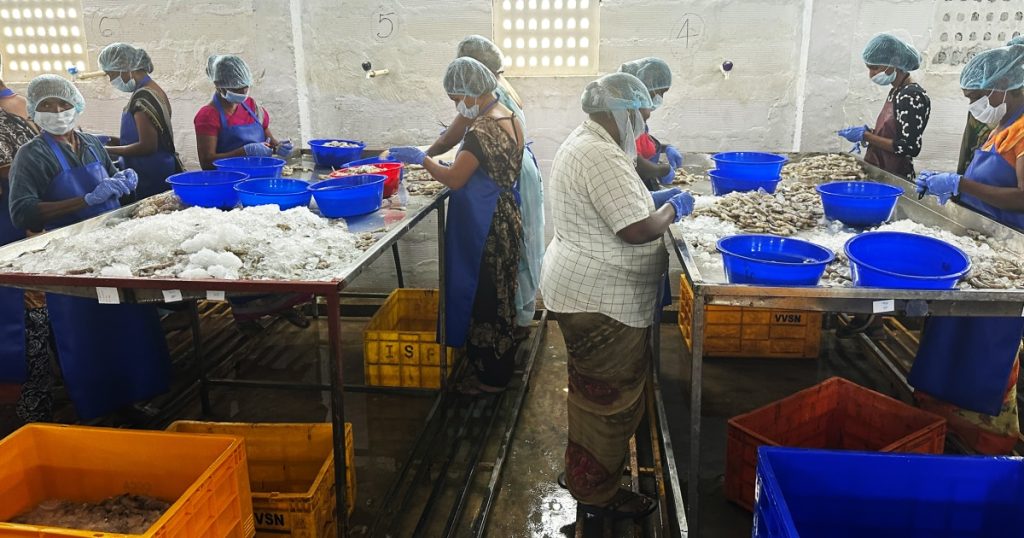An NBC News investigation uncovered the disturbing practices at a shrimp factory in southern India managed by Joshua Farinella. Farinella, enticed by a lucrative job offer, soon became troubled by the unsanitary conditions and worker mistreatment at the factory, which supplies shrimp to major U.S. grocery chains. Migrant workers, mostly women recruited from impoverished areas, were subjected to harsh working conditions, with little time off and overcrowded living arrangements. Farinella, who left the job after witnessing these abuses, filed a whistleblower complaint detailing his allegations with the FDA and other regulators.
Lawmakers have taken an interest in Farinella’s claims, with some calling on the Biden administration to address the severe food safety and labor violations at the Indian shrimp processing plant. The House Committee on Natural Resources requested documents in response to Farinella’s complaint, citing ongoing efforts to reduce human rights violations in the seafood supply chain. While Farinella’s lawyers assert the truth of his allegations, lawyers for Choice Canning deny any wrongdoing and accuse Farinella of being a disgruntled former employee with a criminal past.
Retail giants Walmart, Aldi, ShopRite, and H.E.B., all of which carry Choice Canning’s shrimp products, have stated that they are investigating Farinella’s claims and expect their suppliers to adhere to labor standards and food safety regulations. There has been an increased focus on the Indian shrimp industry, which has become a major exporter to the U.S. due to issues in the Thai shrimp industry, including disease outbreaks and labor abuses. A report by the Corporate Accountability Lab highlighted the widespread use of forced labor and dangerous working conditions in India’s shrimp operations, along with environmental damage caused by the industry.
The report found that debt bondage and restricted movement of workers are common in Indian shrimp factories, with little oversight in national markets such as China and the U.S. While the European Union conducts extensive testing for antibiotic residues in imported shrimp, the U.S. FDA inspects only a small fraction of shrimp imports, leading to concerns about contaminated shrimp entering the American market. The report also noted the risk of increased antibiotic resistance due to the use of antibiotics in shrimp farming.
Farinella revealed that the Choice Canning plant he worked at shipped antibiotic-tainted shrimp multiple times, with company leaders using a code name, “Oscar,” for such shipments. Choice Canning disputed Farinella’s allegations, stating that the term “Oscar” was used in a specific context and that cleared “Oscar” products were only exported after negative follow-up tests. Despite audits by Best Aquaculture Practices, substandard conditions at offsite peeling sheds have raised concerns about the overall hygiene and sanitation practices in the shrimp processing industry. The need for increased transparency and oversight in the global seafood supply chain has become apparent in light of these revelations.


